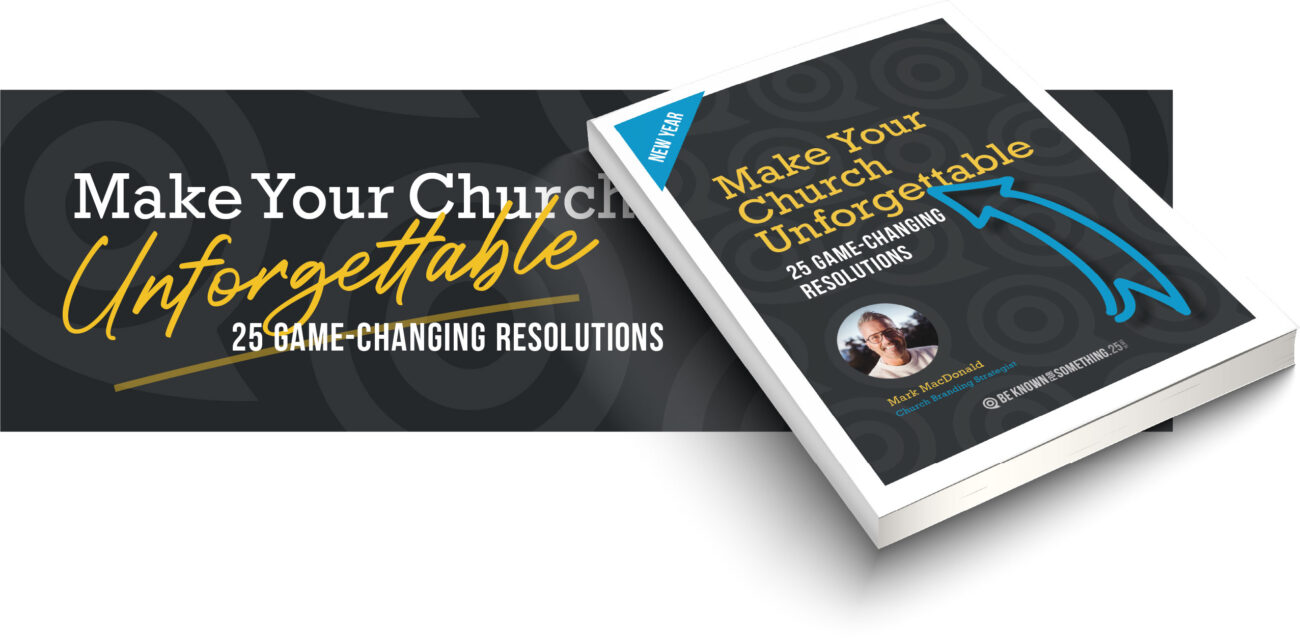STOP Abbreviating (Plus 7 Other Content No No’s)
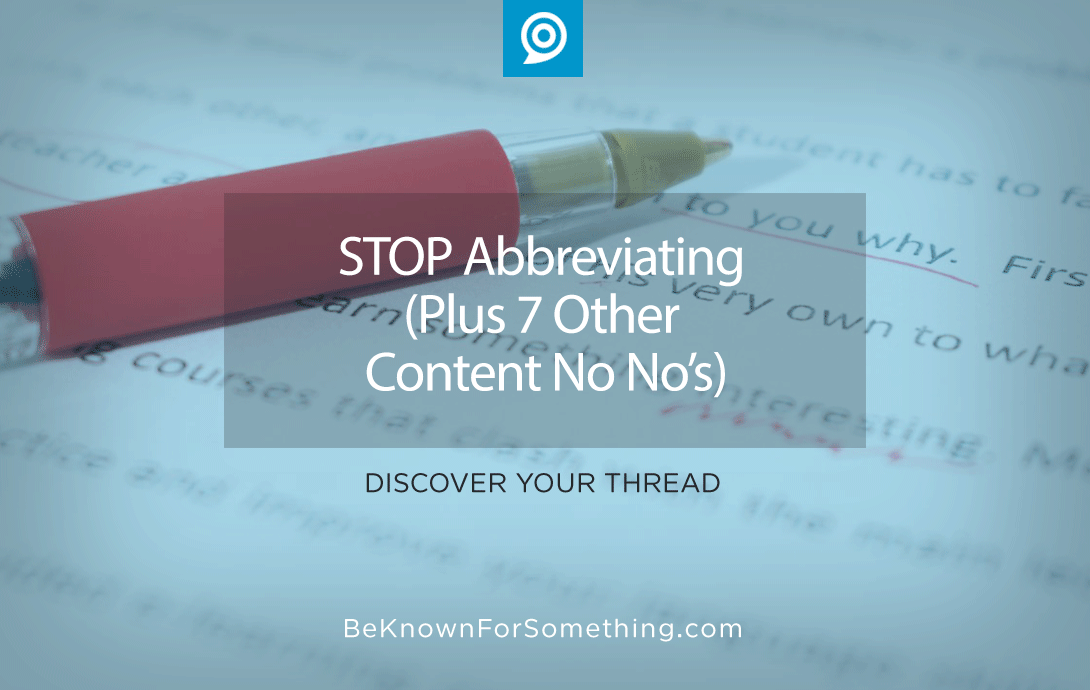
Content. Content. Content. Effective communication relies on the content more than the channels. But many churches want to talk about their social media channels (Facebook, Twitter, Instagram, etc) or the CMS system for their website (WordPress, Joomla, Clover, etc) rather than what their content should be. Let’s concentrate on the important!
Often, if the content is correct, an audience will endure a subpar channel to discover it. Sure, once you have the content honed for an audience, you should eliminate channel barriers and choose delivery tools that enhance the experience of receiving it. But only after the content is right.
To get started on great content, here are 8 things to STOP doing; and what you should START:
- STOP Abbreviating.
START spelling things out for clarity. Don’t assume everyone knows what you’re saying. You (as the creator) will always understand the content better than your audience does. - STOP Writing Long Paragraphs.
START removing every word and concept not needed in your quest to educate, inform, and entertain (as quickly as possible). Think bullet points, subheads, and callouts. - STOP Creating Gray Paragraphs.
START writing paragraphs that have eye-interruptors (links, subheads, bold callouts, bullet points) instead of words, words, words (that only create an easy to ignore “gray” look across paragraphs). - STOP Losing Your Understanding of the Audience(s).
START reading and rereading content from the vantage point of a new guest from your community. Seek for their understanding. Know what they want and deliver it every time. - STOP Assuming.
START realizing that most only want bare facts and information for what they’re seeking. Think they may want more? You’re assuming a lot (but use links to take them to find it). - STOP Using Only Words.
START understanding that a website is a media outlet, not a book of words. Use video, photos, illustrations, and diagrams to seek engagement. More will end up reading the words around them. - STOP Link-less Stories.
START telling stories that lead somewhere. Use links to take them on the journey they need; even though they weren’t aware they wanted the new found information. - STOP Being Clever.
START a quest for simplicity using words and concepts that don’t need an explanation. “Clever” can be good occasionally, just make sure the meaning behind “cleaver” is not required for their overall understanding.
Want 25 Game-Changing Resolutions?
Related Posts
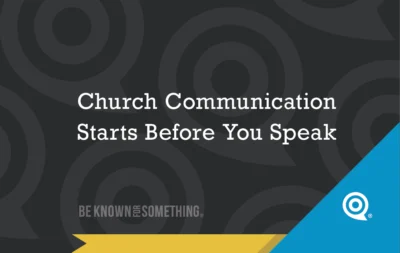
Church Communication Starts Before You Speak
Church communication does not begin with a sermon. Instead, it begins the moment someone arrives on your property. Before a
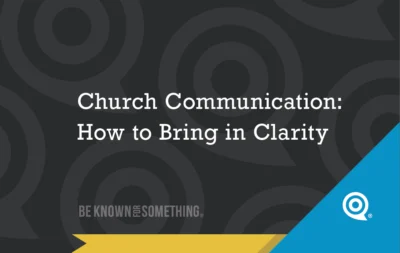
Church Communication: How to Bring in Clarity
In the new year, pastors often set goals. They want to grow attendance, launch new ministries, or strengthen discipleship. However,
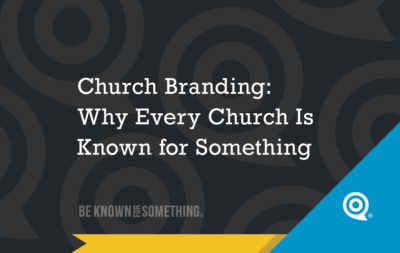
Church Branding: Why Every Church Is Known for Something
Everyone is known for something, including your church. This is the heart of church branding. The real question isn’t whether

